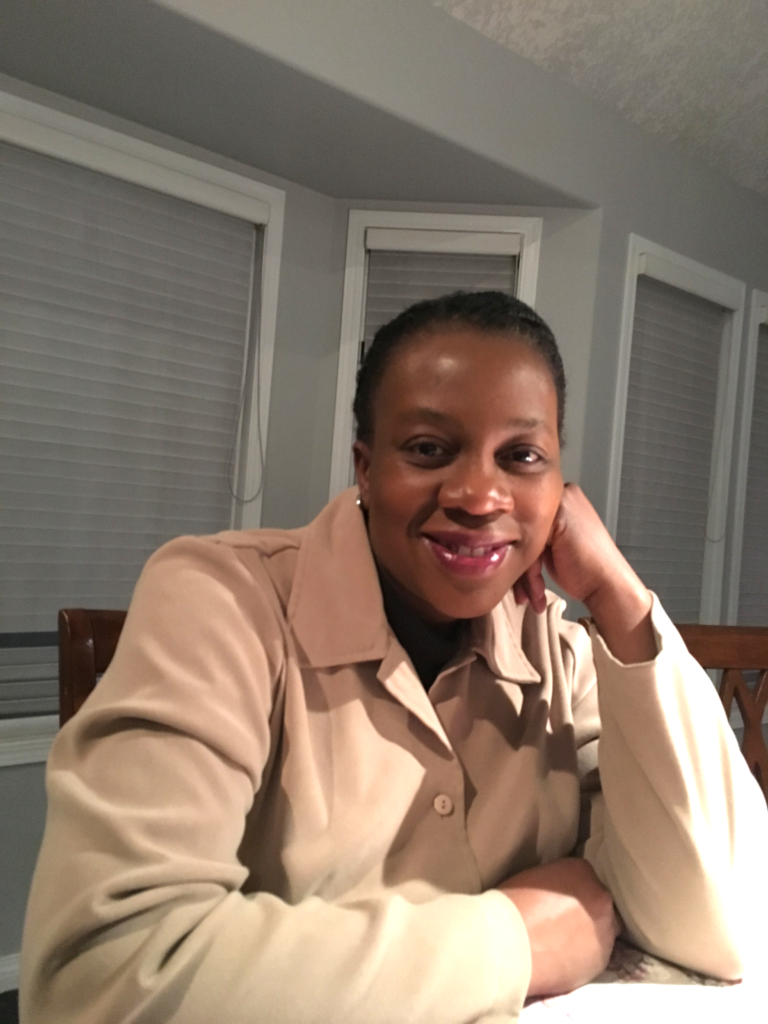Carol Siziba – Chief of Client Services
Welcome Carol
We’re pleased to introduce and welcome Carol Siziba to WJS Canada as our new Chief of Client Services. Carol joined us on January 2nd and is based in our Edmonton office. Carol has sent us a short Q & A to help everyone get to know her better.
Q: What’s your new role at WJS?
I am the new Chief of Client Service which plays a critical role in promoting clinical best practices and quality service delivery as well as supporting the strategic and action plan on an executive level within WJS.
Q: What do you think makes WJS different from other organizations?
I think the fact that WJS provides service all over Canada is unique especially the willingness, openness and courage to go to the remote areas where services are much needed. WJS is employee owned, which is also unique from other organizations.
Q: Why did you want to work with WJS Canada?
What attracted me most to WJS is the uniqueness of serving individuals all over Canada and not restricting themselves as an organization to just serving one part of the city or province. WJS is serving those that are in remote areas where services are limited yet they need support as well, WJS is courageous to go to those remote places and deliver much needed service and they do it without compromising integrity or quality. Secondly, I loved the opportunity to be creative, bring my passion for all people and contribute to the incredible work that WJS teams all over Canada are already doing. I wanted to be a part of WJS team that is innovative, creative and passionate about delivering quality service to all individuals, especially those individuals with limited access to much needed supports.
Q: What’s the most important part of your role?
I believe that the most important part of my role is to keep the children, youth, adults, families in the center of all that we do. We all contribute in some ways to the individuals we serve and it’s important that we each recognize that it is an honor and privilege to walk alongside the individuals we serve, and I do not take that for granted. It’s crucial that we work together as a team to ensure that we provide quality service to all individuals we serve. In addition, I have a role to play in supporting the teams with trauma informed care in terms of increasing knowledge and understanding of the impact of trauma on the individuals we serve and recognizing the importance of responding in ways that ensure physical and emotional safety for the individuals. Furthermore, it is important to raise awareness of vicarious trauma and compassionate fatigue that our staff might experience. Vicarious trauma informed practices move us beyond “self-care” and into practices that supports staff in very intentional ways that enhances our staff’s overall wellness.
In short, it’s important for me to keep our families, children, youth and adults in the center of all that we do by ensuring clinical best practices are in place and meet standards. It is also crucial for me to support with the trauma informed care framework for individuals as well as vicarious trauma informed practices that ensures staff overall wellness so that they continue to provide the quality service to individuals without compromising their own personal wellness.
Q: Will you share something about you that we may not already know?
I am a mother of 3 beautiful children, an 18years old son, 16 years old daughter and 8 years old daughter. I have been married for 22 years to an amazing man. I love learning about the value of cultural and spiritual (not religion) practices in the healing process as well as reading books on leadership development.
Q: What do you do outside of work?
Outside work I am very involved in community projects that involves supporting women, children and youth involved in domestic violence as well as projects that enhances the well-being of children and youth that are marginalized. I am actively involved in supporting the work done by Living Beyond Hope which is dear and close to my heart because it’s an organization that improves the quality of life for the people in my home village of Arnoldine Zimbabwe. I am a board member of an organization called Bulilima which supports orphans in the Matabeleland area of Zimbabwe and lastly, I am a board member of Edmonton Violence Prevention Center which provides services to raise awareness of family violence and provides supports that reduces incidents of family violence.

